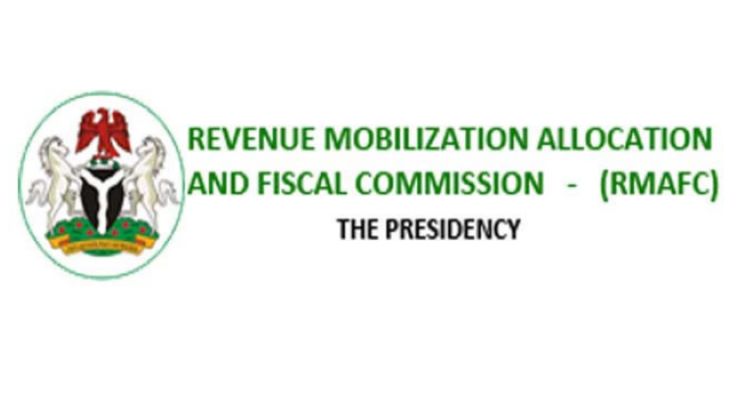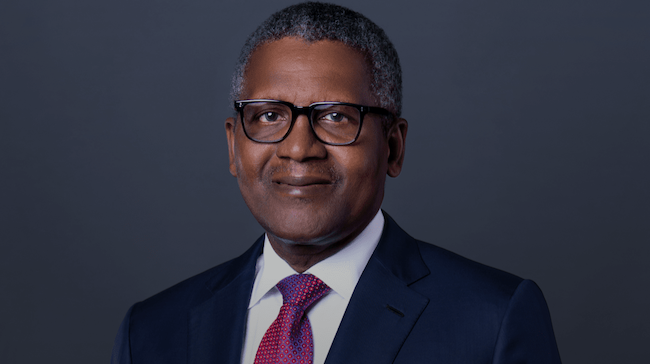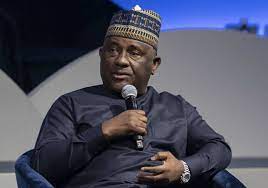The Revenue Mobilisation, Allocation and Fiscal Commission (RMAFC) has thrown its weight behind Nigeria’s recent constitutional reform that allows states to generate and distribute electricity.
The Commission described the development as a major step towards improved energy access and a strategic gateway for Nigeria to attract global climate finance.
Speaking at the First African Conference on Climate Justice held at the Commission’s headquarters in Abuja on Wednesday, RMAFC Chairman, Dr. Mohammed Bello Shehu, said the constitutional shift of electricity from the exclusive list to the concurrent legislative list will empower subnational governments to play a more active role in power generation and distribution.
Represented at the event by the Federal Commissioner representing Kwara State, Hon. Ismail Mohammed Agaka, Dr. Shehu stated that this development not only promotes inclusive governance but also positions Nigeria to leverage international climate funds more effectively at both federal and state levels.
The conference, jointly organised by RMAFC and the Center for African-American Research Studies (CAARS), brought together experts, academics, civil society groups, and climate advocates to discuss Africa’s role in the global climate justice movement.
According to a statement signed by Maryam Umar Yusuf, Head of Information and PR at RMAFC, the Commission views the partnership with CAARS as timely and essential. “While RMAFC’s mandate differs from that of CAARS, both energy and climate challenges are common concerns, and our collective efforts towards solving these challenges guarantee timely and better results,” Dr. Shehu said in his address.
He described the event as “a landmark international conference on climate justice and praised CAARS for identifying RMAFC as a strategic partner in the global conversation around climate finance.”
Shehu noted that such collaborations will foster constructive dialogue and pave the way for Africa to access vital funding aimed at addressing climate vulnerabilities.
In his keynote address, Director General of CAARS and Chief Convener of the conference, Prof. Nnamdi Nwaodu, called for Africa to assert itself in the global climate finance architecture.
He urged participants to move beyond theoretical debates and instead craft practical, fair, and inclusive frameworks that place Africa’s specific needs at the heart of climate finance models.
Prof. Nwaodu said the concept of climate justice must ensure that vulnerable communities, who contribute least to climate change, do not continue to bear the brunt of its consequences. “We are not here to rehearse the known statistics of environmental harm—we are here to act. It’s time to claim our seat at the table and design climate finance frameworks that reflect our continent’s realities,” he said.
The event featured academic and technical presentations from several thought leaders, including Prof. Ignatius Onimawo, former Vice Chancellor of Ambrose Alli University, who delivered a paper on climate adaptation, governance, and resilience strategies for Africa.
There was also a panel session led by civil society leaders and youth climate advocates, which focused on how climate finance can be effectively channelled to address local development needs and strengthen community resilience across the continent.






